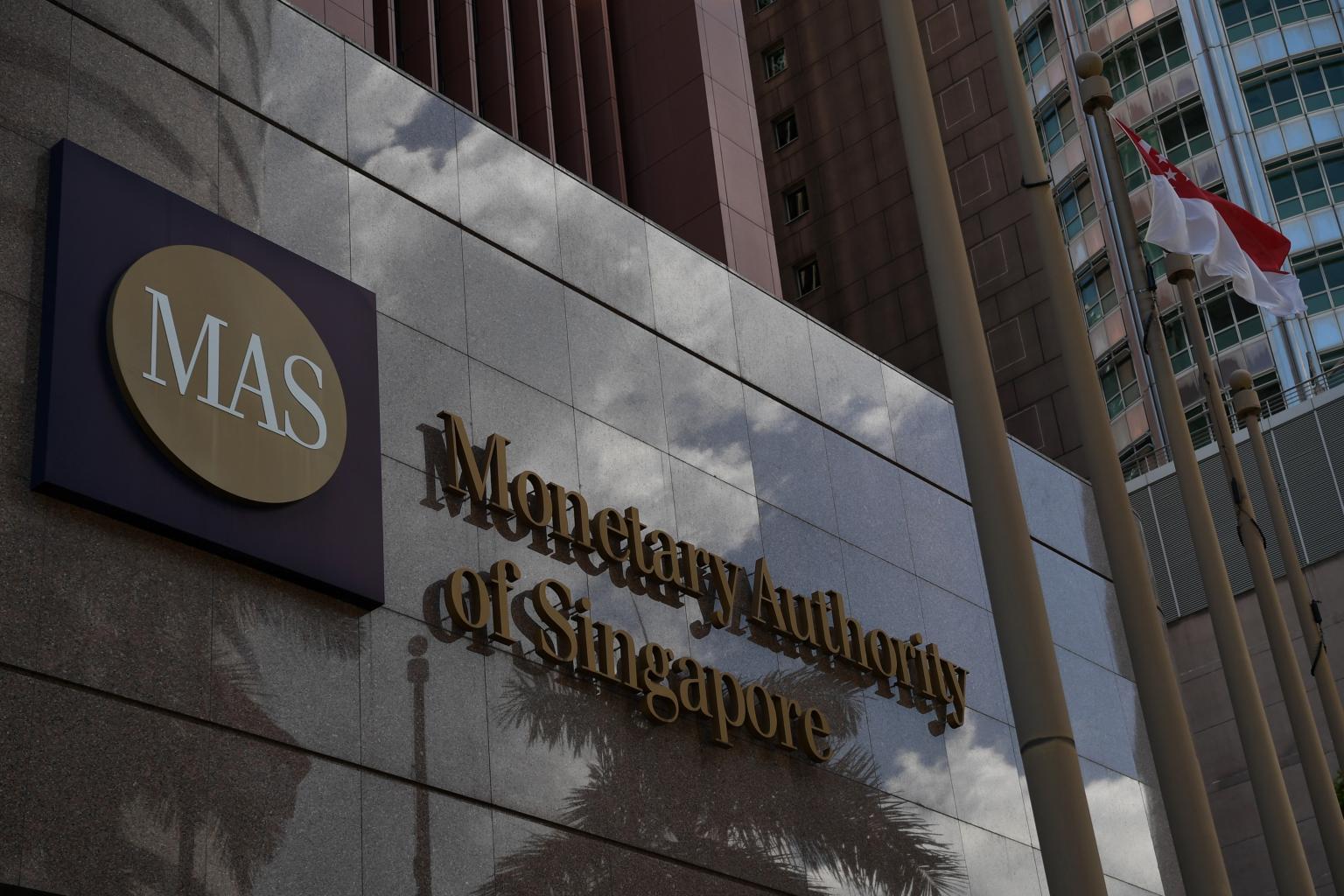Central banks in Singapore and the Philippines to work together on data connectivity
Sign up now: Get ST's newsletters delivered to your inbox

MAS and BSP said they intend to promote the adoption and implementation of policies and rules that facilitate three goals.
ST PHOTO: KUA CHEE SIONG
SINGAPORE - The central banks of Singapore and the Philippines issued a statement of intent on Monday (Nov 16) that they will work together on data connectivity.
Unlike data localisation - the practice of keeping data within a country's borders - data mobility in the financial sector supports economic growth and the development of innovative financial services, said the Monetary Authority of Singapore (MAS) and Bangko Sentral ng Pilipinas (BSP).
They added that it also makes cross-border money laundering, terrorist financing patterns and proliferation financing easier to detect, and that it helps with the defence against cyber attacks and the management and assessment of risk on a global basis.
In the statement, MAS and BSP said they intend to promote the adoption and implementation of policies and rules that facilitate three goals with respect to the operation of banks and non-bank financial institutions that fall under their jurisdiction.
To begin with, the institutions should be allowed to transfer data, including personal information, across borders by electronic means, provided this activity is for the conduct of business within the scope of their licence, authorisation, or registration.
Second, the location where these institutions can store and process their data should not be restricted as long as both central banks have full and timely access to the data necessary to fulfil their regulatory and supervisory mandate.
Lastly, if they are unable to access the data, institutions should have the opportunity to remedy the lack of access before being required to use or locate computing facilities locally.
The statement of intent issued on Monday is not legally binding and is subject to the domestic laws and regulations of Singapore and the Philippines. It also does not restrict MAS or BSP from adopting or maintaining measures to protect personal information, personal privacy and confidentiality of individual records and accounts.
Any transfers of data, including personal information, across borders through electronic means by institutions should be subject to the applicable laws, rules and regulations of Singapore and the Philippines on data privacy, security, governance, and confidentiality of individual records and accounts, said MAS and BSP.
The statement of intent comes after MAS chief Ravi Menon said in June at the Caixin Summer Summit 2020 that cross-border trade could benefit from deepening digital and data connectivity.
Mr Menon said then that digital connectivity and keeping supply chains open will be cornerstones in international cooperation in the wake of the coronavirus pandemic.
International trade transactions involve a large number and variety of parties, and the process is "highly fragmented, paper-based, slow and cumbersome", he said.
"Harmonising and digitising trade documents, and putting them through a seamless digital platform will help make trade more efficient and secure," he added.


